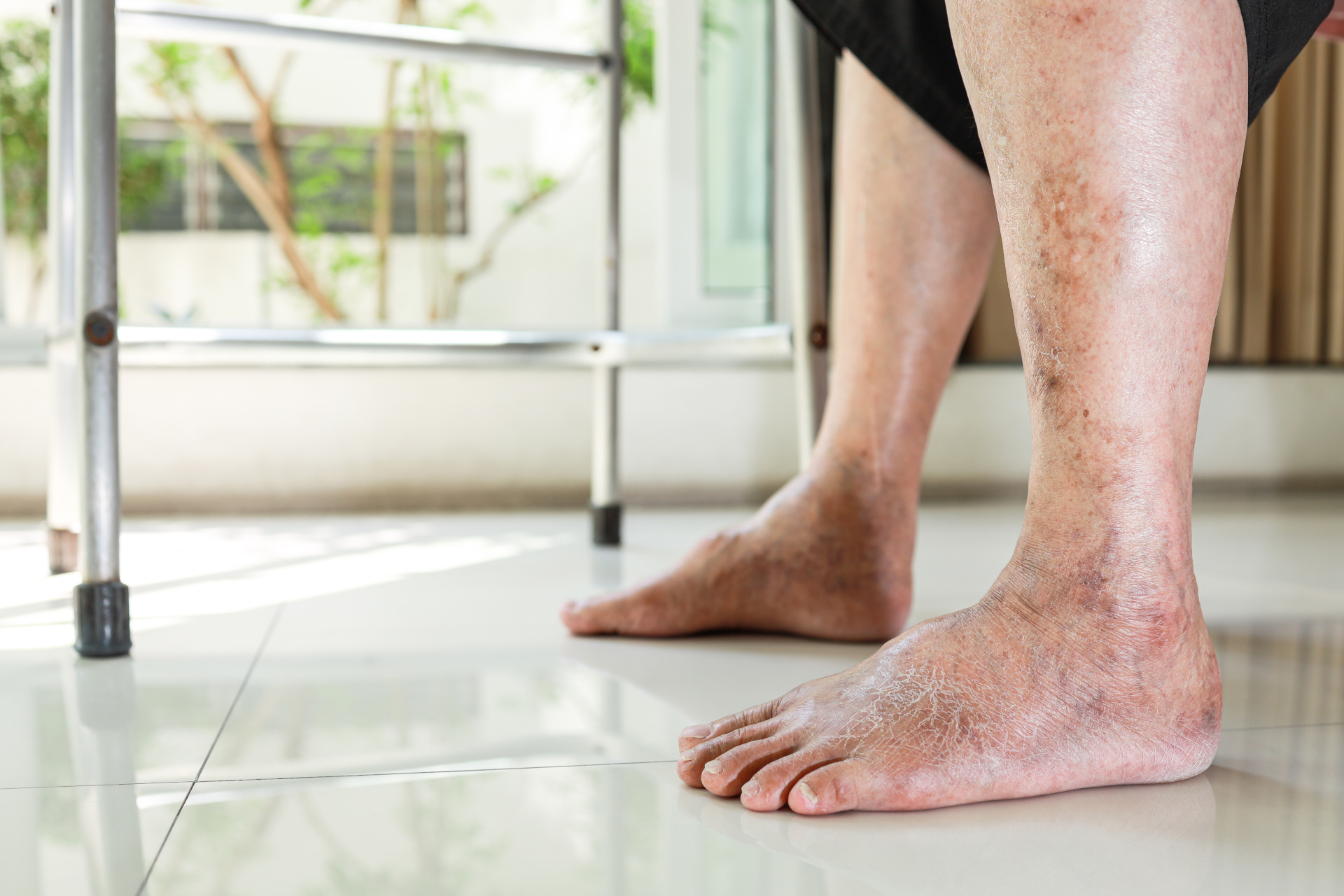Cardiologists and Their Role in Treating Congenital Heart Defects

Imagine this: you’re a newborn baby with a heart that’s not playing by the rules– a little, innocent heart that’s fighting a battle from the get-go. That’s the reality for kids born with congenital heart defects. Now, step into the shoes of the superhero who steps in to help– the cardiologist. These heart specialists, skilled in treating conditions like Davenport peripheral arterial disease, use their medical superpowers to mend these tiny, struggling hearts. From exploratory procedures to surgical interventions, these are the people that give our littlest patients a fighting chance. Their role? To make the impossible, possible.
The Role of Cardiologists in Pediatric Heart Care
Think of a cardiologist like a detective. They’re doctors with a mission. Their goal isn’t just to find what’s wrong. They want to understand why it’s happening and how they can stop it.
Cardiologists who specialize in congenital heart defects wear many hats. They look for clues in medical histories. They perform tests like electrocardiograms and echocardiograms. And when they find the culprit — the defect causing all the trouble — they don’t just stop there.
They devise a plan, whether it’s medication or surgery. And they follow through every step of the way, from the first consultation to the final follow-up.
Congenital Heart Defects and the Surgeon’s Scalpel
Many heart defects require more than medication. They need a surgeon’s steady hand. And here, too, cardiologists play a pivotal role.
They work closely with surgeons, explaining the specifics of the defect. They provide crucial information — the details that make the difference between a good outcome and a great one.
And after the operation, they’re back on the scene. They monitor progress, manage any complications, and ensure the best possible recovery.
Championing the Cause
But these heart specialists do more than treat patients. They’re champions of heart health. They conduct research, pushing the boundaries of what we know about heart defects. They educate others, sharing their knowledge with the world.
Their voices are heard in the halls of hospitals, at medical conferences, and in the pages of top-tier journals. They advocate for children born with heart defects, and their tireless efforts are continually improving standards of care.
So, when you think of a cardiologist, remember this: they’re not just doctors. They’re detectives, advocates, and superheroes. And for thousands of children born with heart defects, they’re the lifeline that offers a chance at a normal life.
